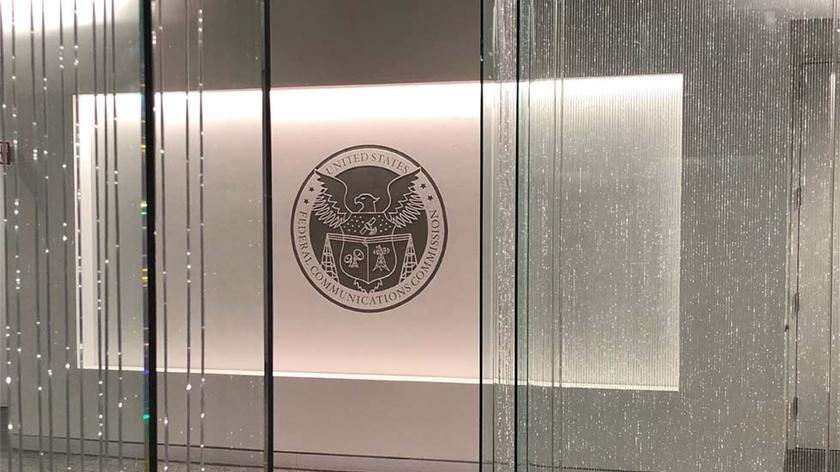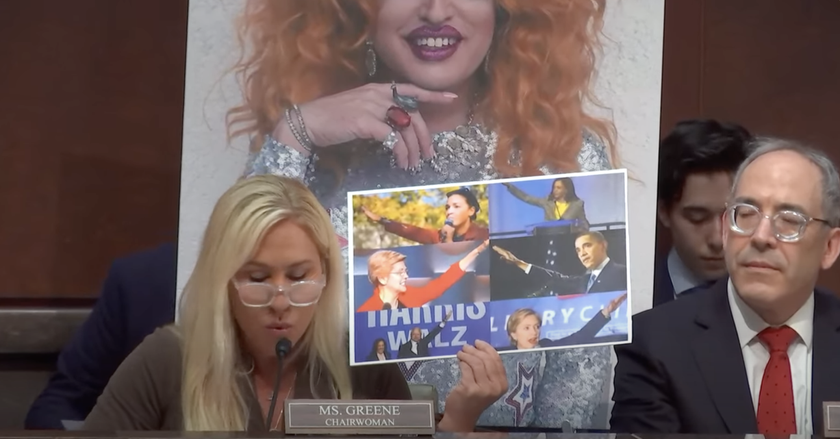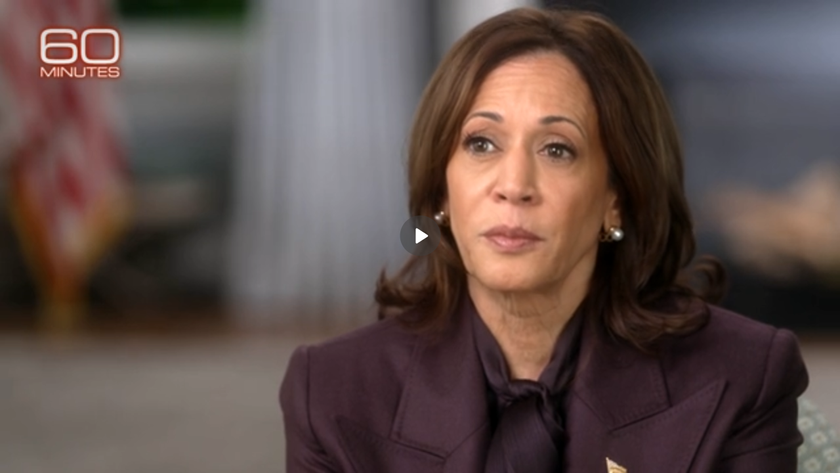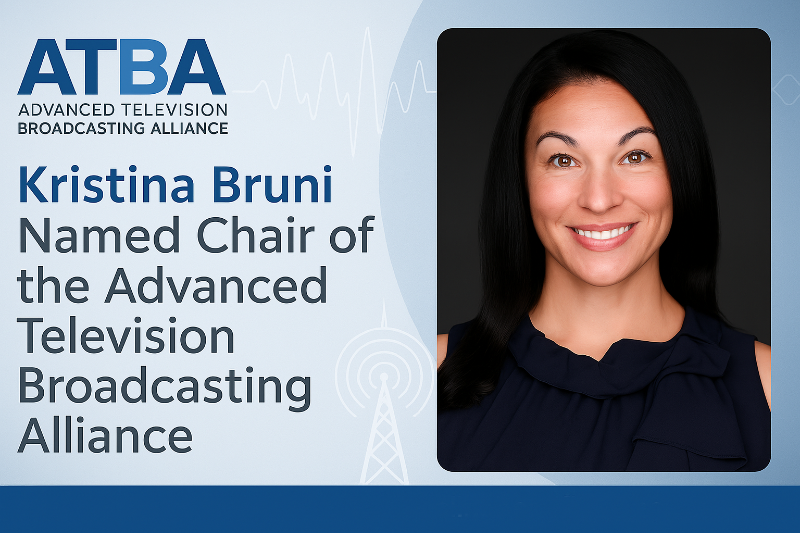NAB Objects to Regulatory Fee Hike and Restructuring Proposed by FCC
Commission is proposing a fee increase for TV broadcasters of nearly 9 percent

WASHINGTON, D.C.—The National Association of Broadcasters is expressing concern about the changes the Federal Communications Commission is proposing to make in calculating FY 2021 regulatory fees — objecting to both the increased amounts and proposed calculation methods.
For the third consecutive year in a row, the commission plans to increase fees to “unfair, unsustainable levels,” the NAB said in a filing with the commission, particularly in light of the economic impact that the COVID-19 pandemic has had on the broadcasting industry.
The Notice of Proposed Rulemaking released by the commission includes a fee increase of nearly 9 percent for TV broadcasters (and a 5 percent to 15 percent increase in regulatory fees for radio broadcasters) even though the commission’s general salary and expenses budget increased by only 0.5 percent, the NAB said.
The FCC proposes to collect $374 million for the 2021 fiscal year, with Congress appropriating expenses into two separate categories: $341 million to cover FCC salaries and expenses as well as an additional $33 million to cover costs associated with the implementation of the Broadband DATA Act.
NAB senior vice president of communications Ann Marie Cumming said in a statement that the NAB objects to its members being asked to pay for the funding of this legislation, which requires the FCC to change the way broadband data is collected to help improve broadband access across the U.S.
But broadcasters should not be asked to subsidize the regulation of other entities that are either contributing less than their fair share of fees or being given a free ride altogether, she said.
Get the TV Tech Newsletter
The professional video industry's #1 source for news, trends and product and tech information. Sign up below.
The FCC also fails to adequately explain the reasons for this year’s fee increase, she said.
In its formal filing, the NAB said that the commission has an “obligation to ensure that its regulatory framework enables TV and radio stations to serve the public interest in free, over-the-air broadcast service, which means that the broadcast industry must remain economically viable in an increasingly competitive marketplace.”
The NAB urged the commission to adjust its proposal so that only the beneficiaries of the commission’s Broadband DATA Act initiatives pay for the associated costs. The NAB also pressed the commission to expand the base of fee payors to include big tech and other unlicensed spectrum users that use commission resources and benefit from its activities.
The NAB also asked the commission to drop its new proposed fee calculation model.
The new proposal would calculate regulatory fees using a series of population tiers, with each station in a certain tier paying the same fee. This change may make it easier for fee payors to determine how much they owe each year, the FCC said in its notice.
This differs from the current model used by the commission in which the commission lays out individual fees for every call sign. According to the commission, the FCC incurs a significant administrative cost in calculating a fee for each station. The current process requires the commission to generate and publish a 50-plus page table of all call signs and their fees in the Federal Register each year. “Using a tiered system would simplify the process for fee payors and the commission while still assessing fees based on each broadcasters’ population served,” the Media Bureau wrote in its notice. The proposed fee for every call sign can be found in Appendix F in the NPRM.
But the NAB objects to the proposed change.
“Because a [TV] station will pay the same fee whether it serves a population of 500,001 or 1.5 million under the [new] tiered proposal, the proposed fees will less accurately reflect the actual market served by a station and the benefits received as a result of the commission’s activities,” the NAB said. “The … proposal does not adequately justify why a relatively minor administrative convenience should outweigh accuracy and fairness.”
As the FCC considers its next steps, the NAB asks that the FCC remember impact the coronavirus pandemic has had on the broadcast industry. “Many broadcasters simply cannot afford unnecessary expenses in a year when revenues continued to decline due to the economic impacts of the ongoing COVID-19 pandemic and a slow-moving recovery,” the NAB said in its filing. “The commission must confront and correct the elements of its regulatory fee proposal that impair broadcasters’ ability to remain economically viable in a competitive marketplace, and undermine their ability to provide quality, free service to the public.”
Comments on the FCC’s proposed rulemaking are detailed in FCC Docket Number 21-190 in the ECFS comment database. Reply comments are being accepted through June 18, 2021.
Susan Ashworth is the former editor of TV Technology. In addition to her work covering the broadcast television industry, she has served as editor of two housing finance magazines and written about topics as varied as education, radio, chess, music and sports. Outside of her life as a writer, she recently served as president of a local nonprofit organization supporting girls in baseball.












